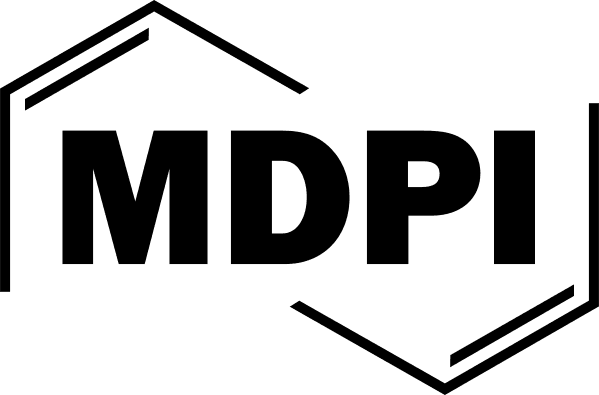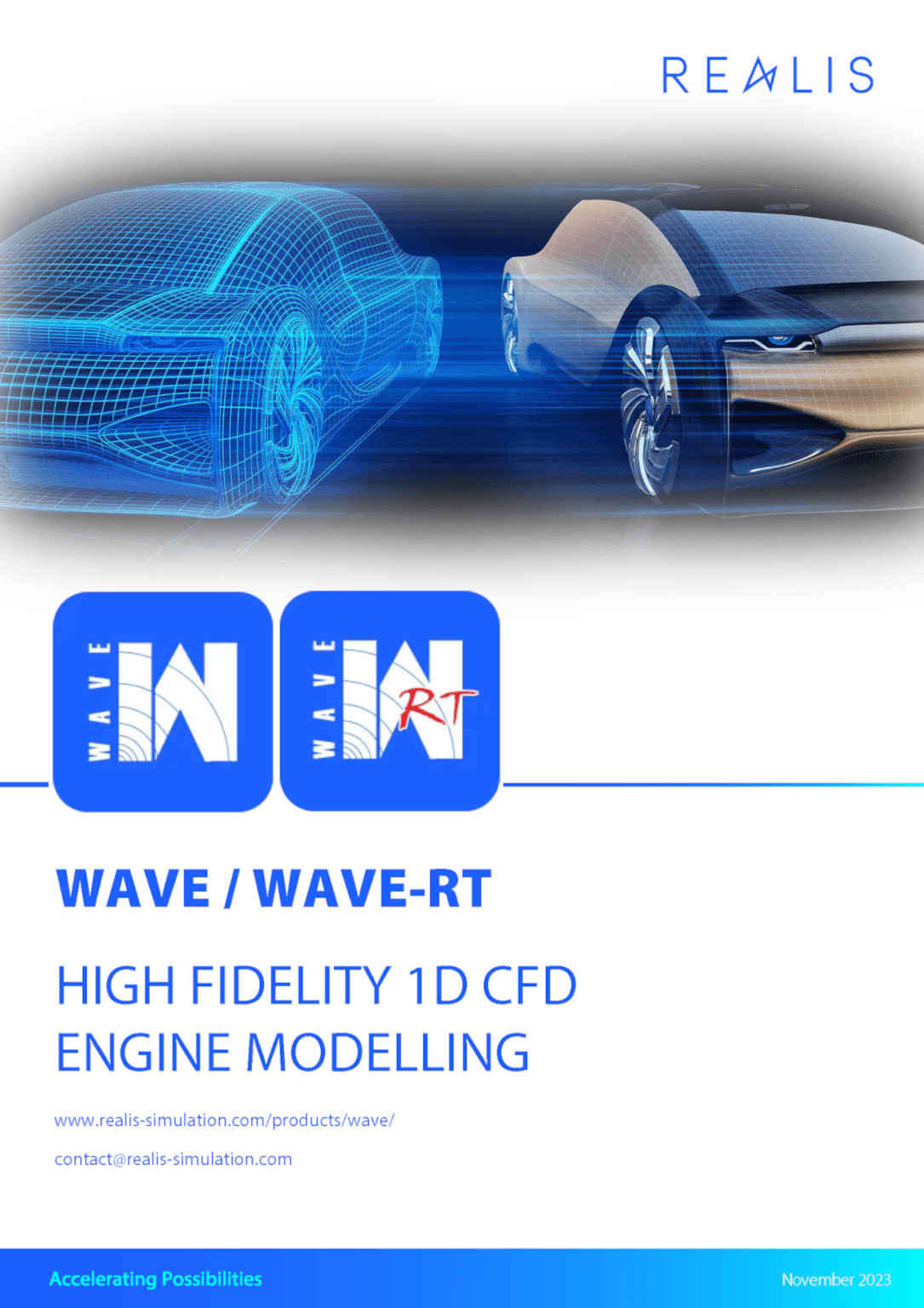
A Study of the Impact of Methanol, Ethanol and the Miller Cycle on a Gasoline Engine


A Study of the Impact of Methanol, Ethanol and the Miller Cycle on a Gasoline Engine
This paper focuses on the investigation and optimisation of the Miller cycle, methanol, ethanol and turbocharging when applied to a high-performance gasoline engine. These technologies have been applied both individually and concurrently to test for potential compounding effects. Improvements have been targeted with regards to both emission output and performance. Also assessed is the capability of the engine to operate when exclusively powered by biofuels. This has been carried out numerically using the 1D gas dynamics tool ‘WAVE’, a 1D Navier–Stokes equation solver. These technologies have been implemented within the McLaren M838T 3.8L twin-turbo engine. The Miller cycle early intake valve close (EIVC) improved peak efficiency by 0.17% and increased power output at low and medium loads by 11%. Reductions of 6% for both NOx and CO were also found at rated speed. The biofuels achieved NOx and CO reductions of 60% and 96% respectively, alongside an efficiency increase of 2.5%. Exclusive biofuel use was found to be feasible with a minimum 35% power penalty. Applied cooperatively, the Miller cycle and biofuels were not detrimental to each other, compounding effects of a further 0.05% efficiency and 2% NOx improvements were achieved.
Realis Simulation, formerly Ricardo Software.
Our insights


Applications of Oxyhydrogen, Direct Water Injection, and Early-Intake Valve Closure Technologies on a Petrol Spark Ignition Engine — A Path towards Zero-Emission Hydrogen Internal Combustion Engines
Technical Paper